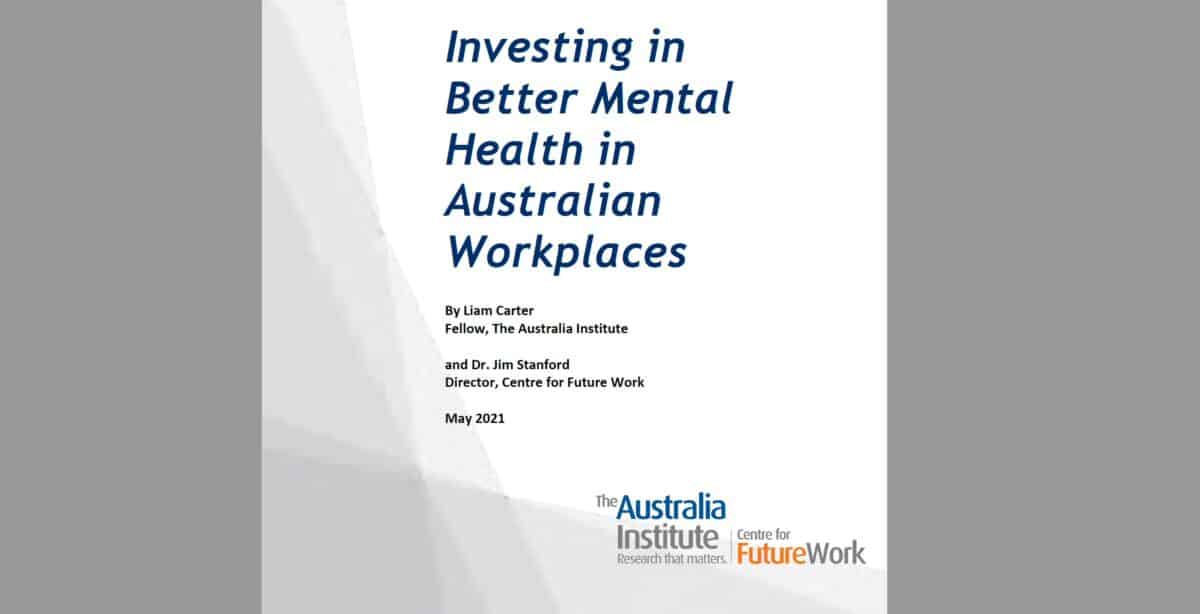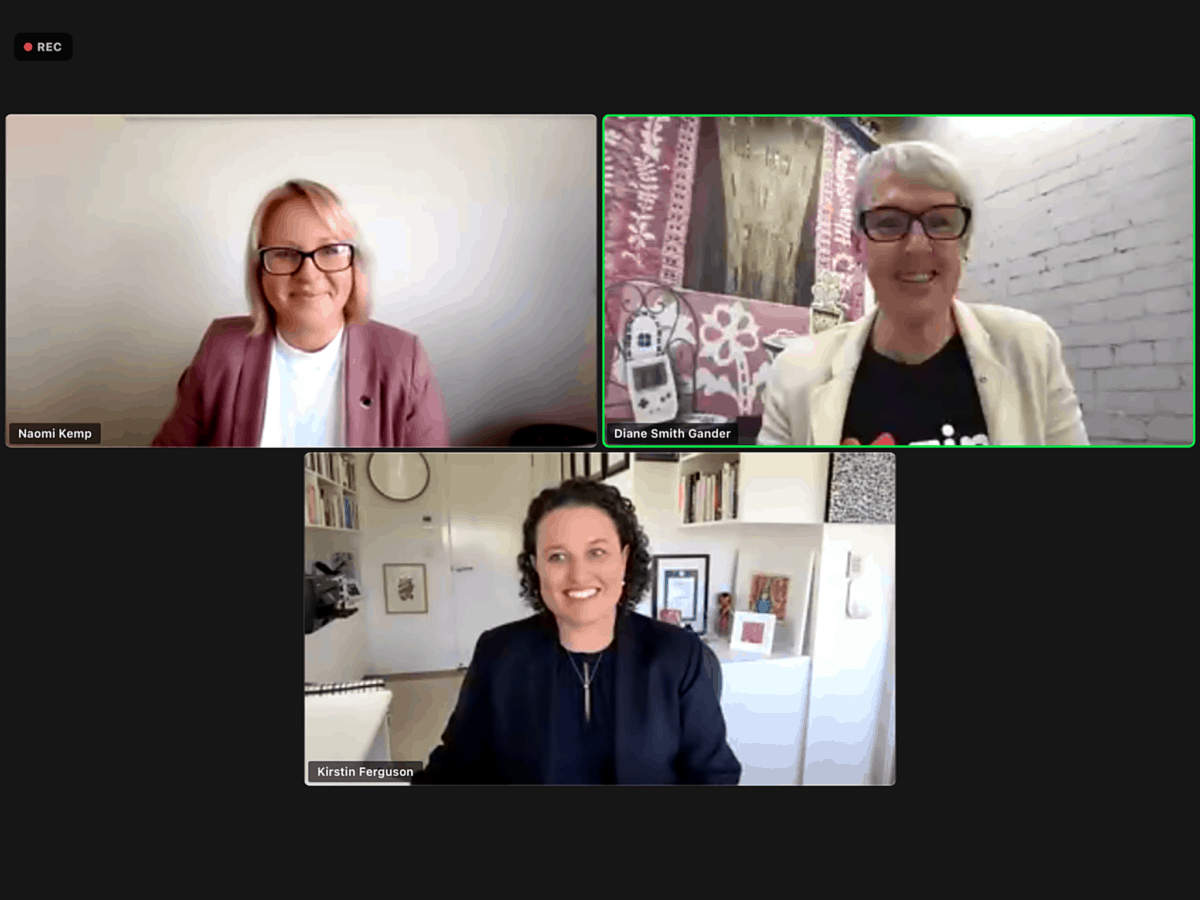A core element of the management of occupational health and safety (OHS) is creating and maintaining a “state of knowledge” on hazards and risks. There is an enormous amount of information already available in various OHS encyclopaedias, wikis and bodies of knowledge, but some of the most important information continues to be locked up in non-disclosure agreements and confidentiality clauses. On the issue of workplace sexual harassment, a recently established inquiry in Victoria, Australia, is set to look at the mechanisms that are principally used to protect the reputation of companies and executives but that could also have broader OHS benefits.
Liberty Sanger and Bronwyn Halfpenny are heading a task force designed by the Victorian Government to
“…develop reforms that will prevent and better respond to sexual harassment in workplaces.”





